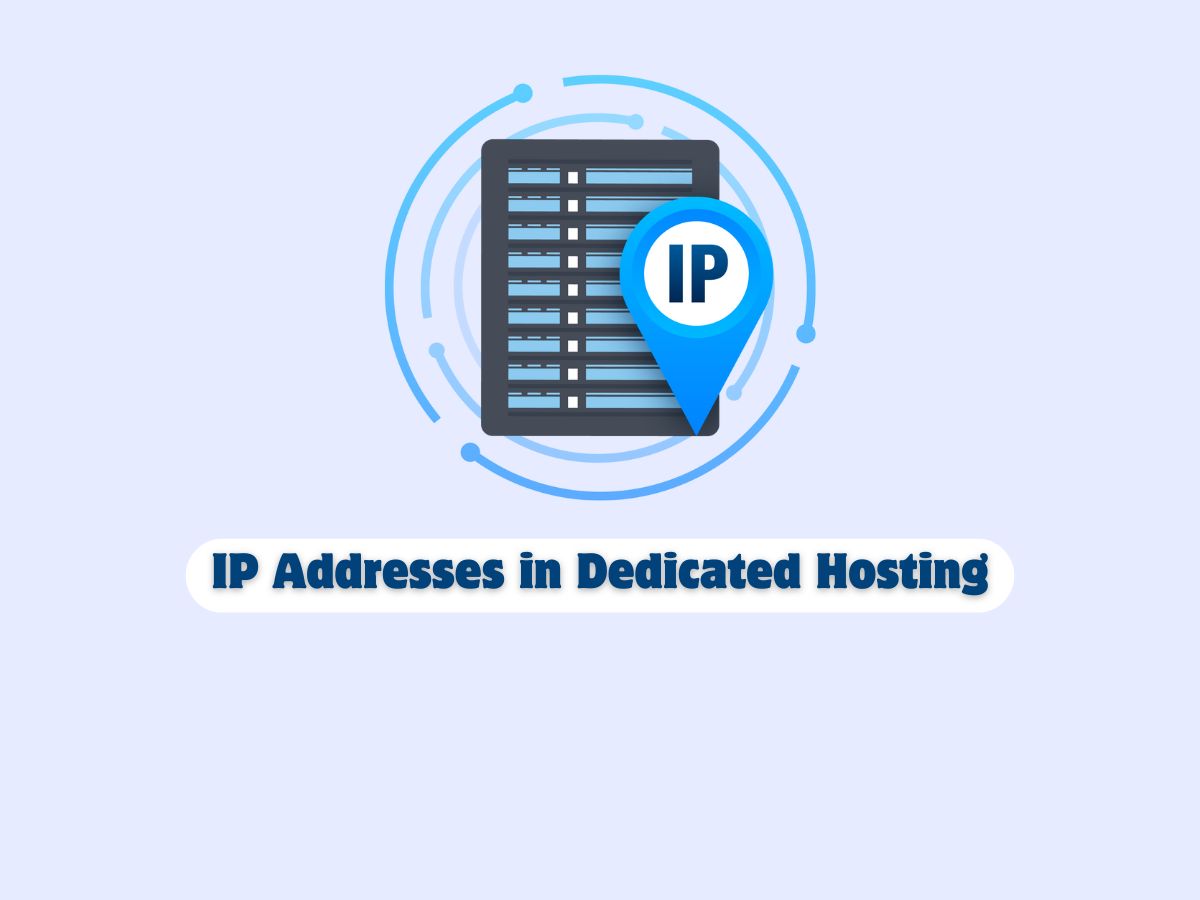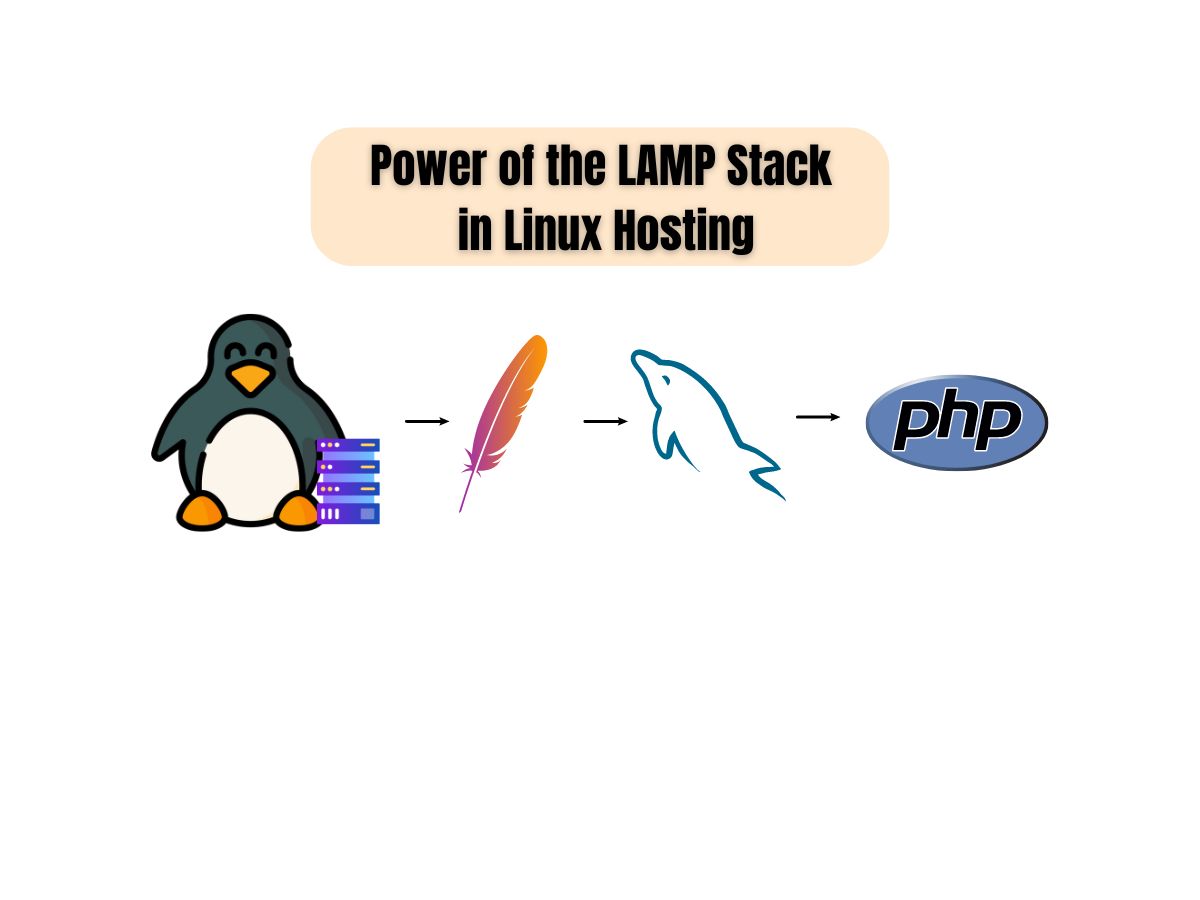
The Role of IP Addresses in Dedicated Server Hosting
In the realm of web hosting, dedicated servers stand out as powerful solutions that offer exclusive resources and enhanced control for hosting websites, applications, and databases. One crucial aspect of dedicated server hosting is the allocation and utilization of IP addresses. In this article, we’ll explore the role of IP addresses in dedicated server hosting and their significance in facilitating seamless online operations.
Understanding IP Addresses:
An IP address, or Internet Protocol address, serves as a unique identifier assigned to each device connected to a network. In the context of dedicated server hosting, IP addresses play a fundamental role in identifying and locating servers on the internet. There are two primary types of IP addresses: IPv4 (Internet Protocol version 4) and IPv6 (Internet Protocol version 6). While IPv4 addresses are the most commonly used, IPv6 addresses offer an expanded address space to accommodate the growing number of connected devices.
The Allocation Process:
When provisioning a dedicated server, hosting providers allocate one or more IP addresses to the server for exclusive use. These IP addresses can be either IPv4 or IPv6, depending on the hosting provider’s infrastructure and the client’s requirements. The allocation process usually involves assigning static IP address that remain fixed over time. This ensures consistent accessibility to the server’s resources.
Server Identification and Accessibility:
IP addresses serve as the means by which clients and users access dedicated servers hosted on the internet. Each IP address links to a specific server, allowing remote access for website hosting, file transfer, email, and database management. Additionally, IP address facilitate data packet routing between servers and client devices. This ensures seamless information transmission across networks.
SSL Certificate Implementation:
In dedicated server hosting, IP addresses are crucial for implementing SSL certificates to secure websites and online transactions. SSL certificates require dedicated IP address to establish secure encrypted connections between web servers and users’ web browsers. By linking SSL certificates to dedicated IP address, websites ensure data privacy, integrity, and authenticity. This enhances trust and security for visitors.
Support for Multiple Websites and Applications:
Dedicated servers often support hosting multiple websites and applications on a single server infrastructure. In these cases, each website or application requires a dedicated IP address to operate independently and maintain unique identities. Dedicated IP address enable websites to utilize features such as custom domain names, SSL encryption, and personalized server configurations, enhancing performance, security, and reliability.
Conclusion of The Role of IP Addresses in Dedicated Server Hosting
In dedicated server hosting, IP address play a crucial role in identifying, accessing, and securing server resources on the internet. By allocating dedicated IP address to servers, hosting providers ensure seamless connectivity, robust security, and efficient data transmission for clients and users. Whether hosting websites, applications, or databases, dedicated IP address serve as essential components in the infrastructure of dedicated server hosting, facilitating reliable and responsive online operations for businesses and organizations worldwide.







